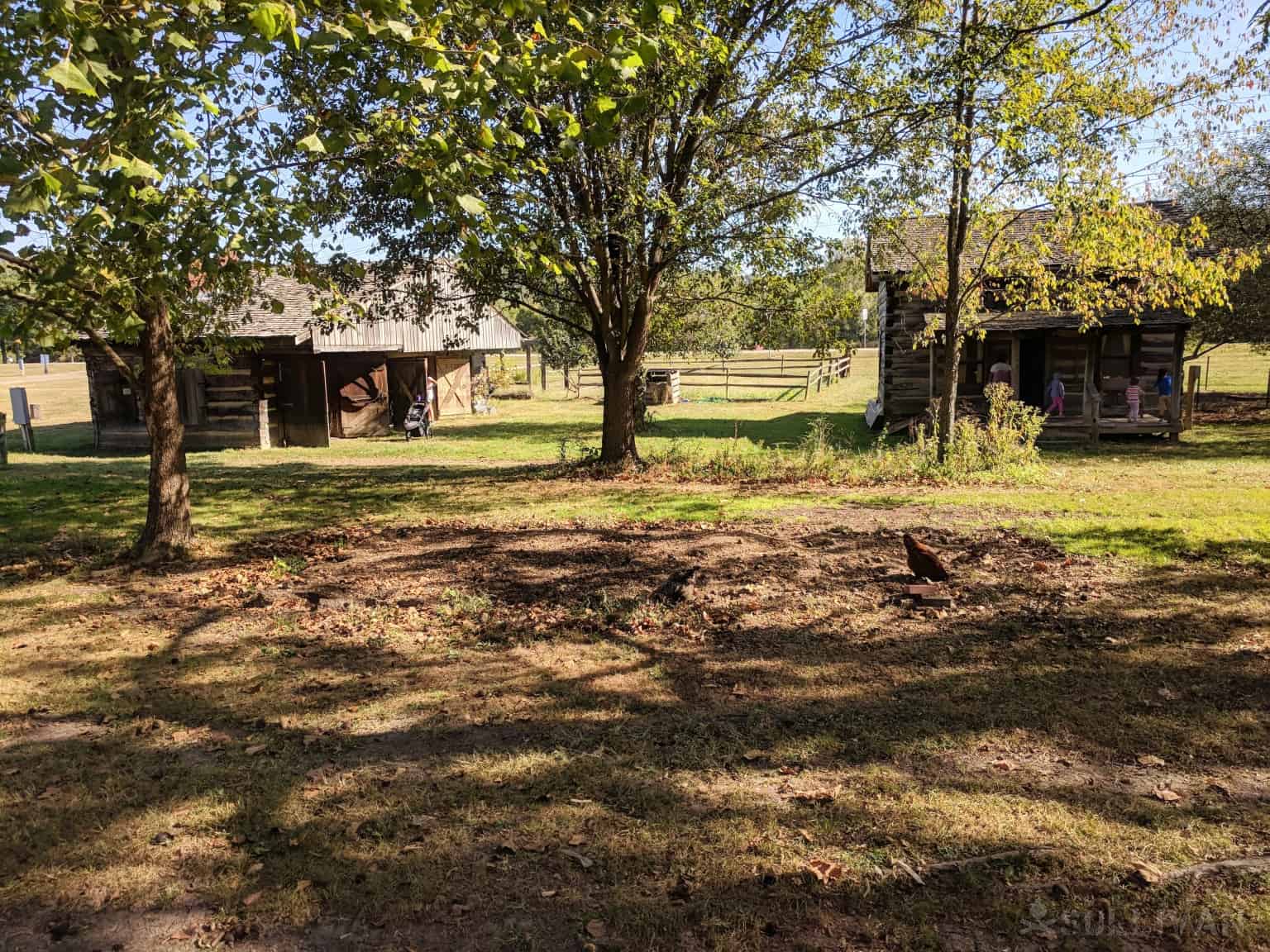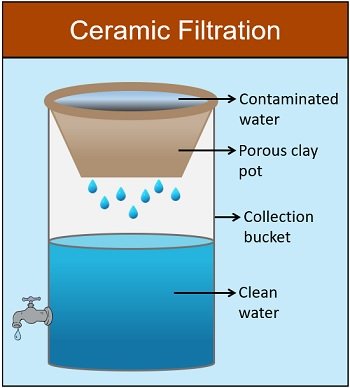
You can prepare yourself for SHTF (Shadow Homeland Threat Failing) by doing many things. Knowledge is power. Whether it is nuclear war or a large cyber attack, preparing for a disaster will allow you to stay safe. Below are some ways to prepare for SHTF.
Preparing for a Nuclear Attack
When you are preparing for a nuclear strike, the first thing to do is ensure you have somewhere safe to go. A shelter should be available for you to use for at least 24hrs and remain there until authorities are cleared. Avoid damaging windows or walls and avoid falling on buildings. Look for a public place that has a telephone.

Three steps should be taken if you hear of an imminent nuclear attack. First, go inside a dusty building. Next, shower. Finally, use social media to stay informed and sign up for Notify NYC. Once you've completed the above steps, you should call your local radio stations in order to receive updates about the attack.
Preparing for large-scale cyber attacks
While the threat of cyberattacks has become more common, it's important to recognize the threats and get prepared. Cyberattacks are an unwelcome attempt to steal or expose information, or even destroy it. These attacks can prove to be extremely destructive. Whether you're the target, it's important to know how to prepare.
The United States is being attacked by cyber-attackers from countries with advanced network infrastructures that permit high-speed internet connectivity. These nations are made up largely of an ethnic group from country "Y". There are two CERT Teams in the Country: one that is linked to the country's largest internet provider and one that has just been established and is funded by the government.
Companies need to be careful about the systems that support business operations. While it is important to prepare for large-scale cyberattacks, this requires a multifaceted approach. This means ensuring that back-ups of critical assets are secure and corporate-approved solutions are in place. For large-scale cyberattacks that are not easily handled, companies need to consider industry coordination, which includes contingent service agreements.

Preparing for large-scale riot
It is essential to be prepared for high levels of crime and violence in cities. This means securing your property and keeping your family safe. This could also include setting up a watch in your neighborhood. This does not mean that you should call the police on random strangers - it simply means that you and your neighbors should be aware of your surroundings and be prepared for any violent situation. Access to radios and phones should be available for your neighbourhood watch so you can communicate with others. You should also plan for the possibility of violence spreading to your neighborhood.
FAQ
What is the most important thing to do in a survival scenario?
Assess the situation immediately you are faced with an emergency. You need to know what is happening around you, where you are and how you got there.
Knowing what to expect from your environment is important. You may not be capable of using any communication methods if your environment is remote.
You don't need to know everything if you don’t have any knowledge.
If you're in any immediate danger, it is best to get medical attention immediately. You might be able to wait until you are safe to collect information and find out the facts.
Why are survival skills essential?
Survival skills are essential for survival. They include the ability to build shelter, protect yourself from danger, and hunt, fish, as well as how to catch food. These skills are critical no matter where one lives, but they are especially important when travelling alone or in remote regions.
These skills include self-defense, navigation and communication as well as wilderness medicine. They are essential life-saving tools that should always be available before venturing into unknown territory.
These skills are not the only ones you should have. There are many valuable skills that can be useful when you're away from home. If you are planning to spend your vacation hiking in the mountains, you should learn mountaineering skills. If you plan to camp in the desert, you should learn how to survive in extreme temperatures. There are countless ways to prepare for any situation, so don't hesitate to think outside the box and consider learning new skills.
How can you remain calm in a survival situation
For most situations, calmness and patience are key. It's easy for people to panic in survival situations, especially when they are far from civilization. But being calm and patient will enable you to cope with any circumstance.
You cannot alter the outcome of a situation. Only you can change how you react to the situation. This will allow you to feel great about yourself, even if you don't achieve everything you want.
It is essential to keep calm and collected in an emergency situation. You must be mentally and physically prepared.
Mental preparation means having a clear goal and realistic expectations.
Physical preparation is ensuring you have enough food for the rescue and water.
You can now relax and enjoy the experience once you have done these two things.
What is the best survival tip?
To survive, it is important to remain calm. If you panic, you can make mistakes and even die.
How can I select the right knife to fit my needs?
It can be difficult to find the right knife for your needs. There are many brands that claim their knives to be the best.
But which one is the best? How do you decide between them?
First, think about the type of tasks you will be using your knife for.
Do you want to chop wood, skin animals, slice bread or chop vegetables?
Is the knife meant for hunting or fishing? Is your knife meant for camping cooking or kitchen cutting
Will you be using it to open cans or bottles? What about opening boxes and packages?
Is your knife strong enough to handle heavy loads?
Is it worth cleaning it after every use. Are you planning to wash it often?
Do they need to maintain their edge for a long time?
What's the difference between a folded knife and a fixed blade knife?
Folding knives fit easily in pockets or backpacks because they fold up compactly. When not being used, the blade collapses.
Fixed-bladed knives can be used during normal use. They usually have longer blades than folding knives.
Fixed-blade knives are stronger but more difficult to transport.
What is the average time it takes to get help after getting lost?
It all depends on several factors.
-
Wherever you are
-
What type of terrain do you have?
-
It doesn't matter if your cell phone reception is good
-
If someone has ever seen you
-
No matter if you're hurt
-
Whether you are dehydrated
-
It doesn't matter if water has been ingested.
-
How recently have you eaten?
-
Wearing appropriate clothing is important
-
No matter whether you are carrying a compass, a map, or a compass
-
How familiar can you be with the area
-
How long has it been since you lost your way?
-
How long did it take you to search for help?
-
How long does people take to notice you are gone?
-
How fast they decide to search you
-
How many rescuers do you attract
-
How many rescues received you?
Statistics
- so you can be 100 percent hands-free, and there's less chance you'll put your torch down and lose it. (nymag.com)
- Not only does it kill up to 99.9% of all waterborne bacteria and parasites, but it will filter up to 1,000 liters of water without the use of chemicals. (hiconsumption.com)
- In November of 1755, an earthquake with an estimated magnitude of 6.0 and a maximum intensity of VIII occurred about 50 miles northeast of Boston, Massachusetts. (usgs.gov)
- The Dyrt PRO gives 40% campground discounts across the country (thedyrt.com)
External Links
How To
How to Locate Edible Animals and Plants in Emergencies
In an emergency situation, edible plants and animal food are essential. They are essential for survival because they can provide food and energy to you when you don't have normal food. You may also use them to make medicines and cosmetics.
You need to be able to identify the location and type of plants you are looking for. This knowledge will help you identify them quickly. It's not possible to know everything about every animal and plant species. Fortunately, some general rules apply to most plants and animals.
If you see a plant, animal, or other living thing near water, it is likely that it prefers moist soil. Shiny leaves indicate that the plant was recently watered. If you see ants around a plant, you can assume that the plant provides nectar for pollinators. These simple observations could save you precious time in finding useful animals or plants for emergencies.
If you want to learn more about edible plants and animals, you can read books written by experts specializing in botany or zoology. You can also find documentaries on rural life and talk to those who live there. Learning about plants and animals isn't hard; just follow the steps below:
-
Seek out plants and animals that can be found near water.
-
Be aware of the growth patterns of animals and plants.
-
Learn about the natural habitats used by animals and plants. You can search for areas with particular soil types, climates, or vegetation.
-
Identify which parts of animals and plants you can eat.
-
Learn how plants and animals can be prepared and cooked.
-
Try to eat wild animals and plants so you are familiar with their taste.
-
Wild animals and plants should be kept in check. Pick only endangered species.
-
Wild animals and plants must be stored properly. They should be kept away from direct sunlight and kept dry.
-
After handling wild animals and plants, be sure to wash your hands.
-
Wash fruits and vegetables before consuming them.
-
You should not eat raw fish or meat unless you are certain it is safe.